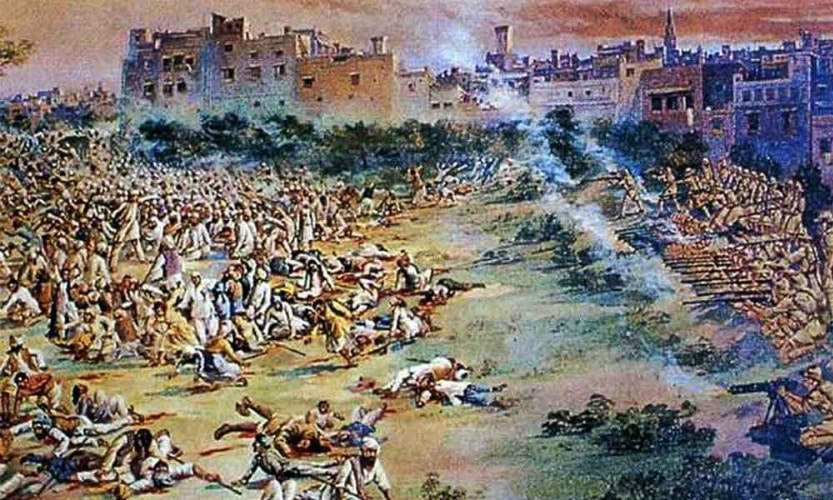On the morning train between Ottawa and Toronto, I awkwardly declined a poppy in the moments ahead of 11 am. The train conductor came on the PA system to invite the captive audience to observe a moment of silence for the 100th anniversary of the Armistice. The Via Rail employee handing out poppies looked at me with puzzlement when I declined his offer of a poppy.
I’m writing this short piece not because I’m tired of being looked at like an ungrateful recipient of European enlightenment (though I am), but because I realize that for most people raised on the textbook understanding of world history, it’s not intuitive why I (and many others) aren’t interested in participating in Remembrance Day.
I have no qualms with people remembering their relatives who fell, but if we’re seriously interested in in the project of peace, we need to be more truthful about world history.
The outbreak of World War 1 is historicized as the end of a hundred years of peace, but for whom? Relative peace in Europe meant the externalization of European violence on the colonial world. The collapse of that peace with the assassination of the Archduke Ferdinand represents an extension of European imperial hubris. We must ask ourselves, how many millions of Africans and Asians died for nothing more than European imperial competition in the so-called “peaceful” 19th century? And that says nothing of the millions of colonial soldiers ordered to fight in the imperial wars of the early 20th century as second-rate human beings, only to return home with their throats firmly under the boot of imperialism.

In the wake of Canada 150 and its grotesquely uncritical engagement with the fact that the last 150 years represents one of the darkest periods of Indigenous history across the continent, we must do better than remain mired in imperial nostalgia. Next year, we’re going to go through this again because it’ll be the 100th anniversary of the Treaty of Versailles — a treaty so poorly thought through that it all but set the stage for World War 2. I hope that when that happens, we also take time to remember how the Allies rewarded India’s contribution of 1.3 million soldiers that got them to Versailles by trapping innocent men, women, and children at Jallianwala Bagh in Amritsar for the crime of peacefully organizing for independence from colonial rule. Colonel Reginald Dyer ordered them all shot, and did not end his assault on these non-violent organizers until his troops ran out of ammunition.
I am empathetic to the noble pursuit of peace and also to the many overlapping reasons so many people choose to wear a poppy. I used to dress in black and volunteer wherever I could to play the Last Post for Remembrance Day when I was a teenager. I even tried twice to join the reserves, and they never called me back. I started thinking differently about Remembrance Day around that same time — 2003 — because in that context the poppy was being mobilized as a justification for the invasion of Iraq by a new group of Allies, a “Coalition of the Willing,” who senselessly set in motion a chain of events that could have been avoided if the anti-war message of the poppy still meant what it was supposed to.
So remember your dead with a poppy if you care to, but keep in mind that when I refuse to wear one, it’s because I’m remembering mine.
Ajay Parasram, PhD, is an Assistant Professor at the Departments of International Development Studies & History, Dalhousie University, K’jipuktuk (Halifax)
With a special thanks to our generous donors who make publication of the Nova Scotia Advocate possible.
Subscribe to the Nova Scotia Advocate weekly digest and never miss an article again.




Thank you for this perspective. I learned about historic events about which I was not aware before reading your article.